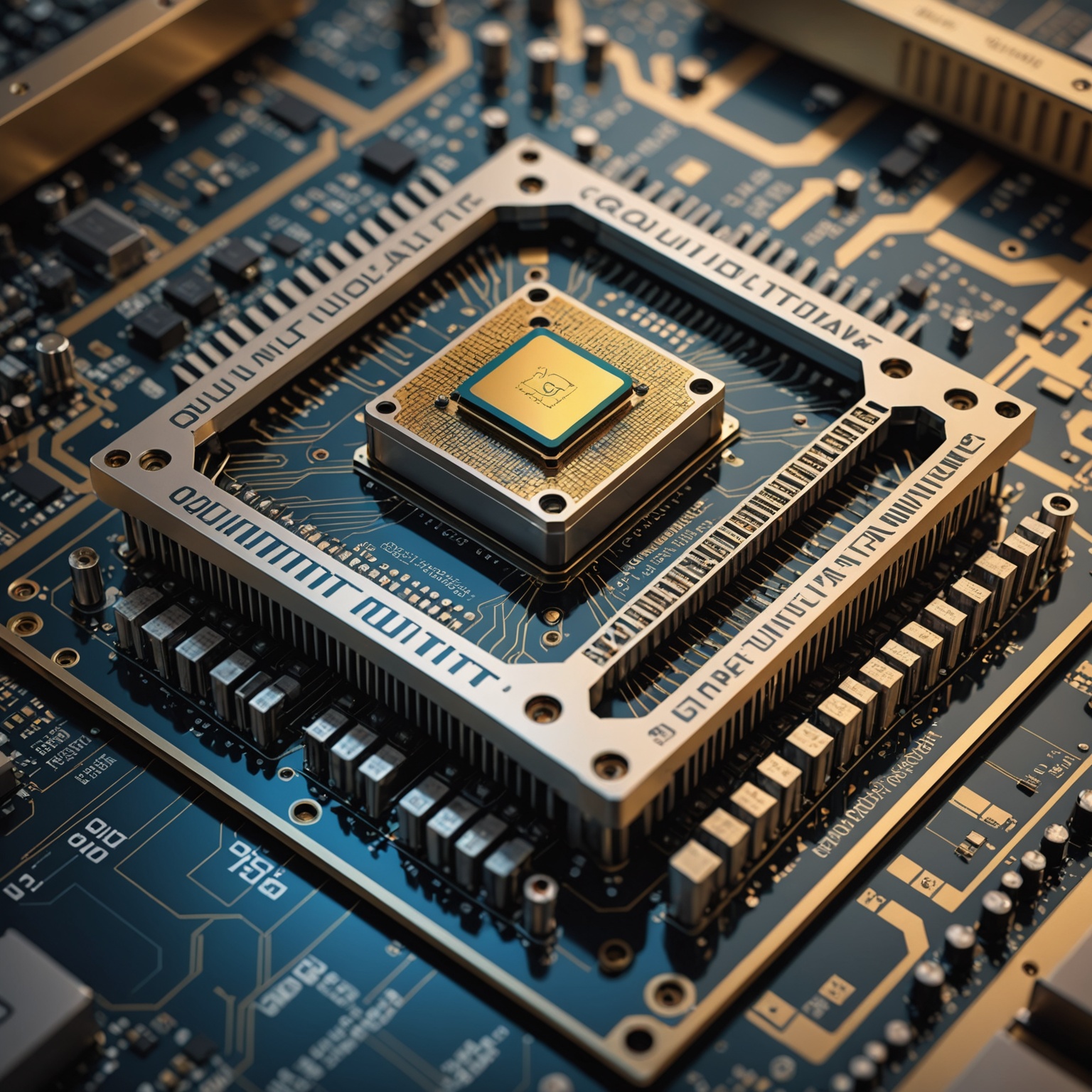Quantum Computing Achieves New Milestone with 100-Qubit Processor

Quantum Computing Achieves New Milestone with 100-Qubit Processor
The realm of quantum computing has reached a pivotal milestone with the development of a new quantum processor that surpasses the 100-qubit threshold. This advancement promises to revolutionize computational speeds and capabilities, paving the way for breakthroughs in various scientific and practical domains.
Understanding Quantum Computing and Qubits
Quantum computing represents a significant leap from traditional computing by using quantum bits or qubits. Unlike binary bits, which represent data as either 0s or 1s, qubits can exist in multiple states simultaneously, thanks to the quantum phenomenon of superposition. This ability allows quantum computers to process vast amounts of data at unprecedented speeds.
Another fundamental aspect of quantum computing is entanglement, where qubits become interconnected and the state of one can instantly influence another, irrespective of the distance separating them. This feature enables quantum computers to perform complex calculations more efficiently than classical computers.
The scalability of quantum computing has always been a challenge, with researchers striving to increase the number of qubits to enhance computational power while maintaining stability and error rates. Breaking the 100-qubit barrier is not just a technical achievement; it represents a significant scale-up in potential computing power.
Implications of the 100-Qubit Quantum Processor
The development of a 100-qubit quantum processor is a game-changer in the field of computing. With this new threshold, quantum computers can now tackle problems that were previously deemed infeasible for classical computers, such as complex molecular modeling for drug discovery, optimization problems in logistics and transportation, and advanced cryptography.
This increase in qubits not only boosts the raw speed but also enhances the ability to perform complex simulations and calculations, opening new frontiers in physics, chemistry, and materials science. The potential for these advanced simulations means that sectors like pharmaceuticals, automotive, and energy could see revolutionary changes in how they conduct research and development.








